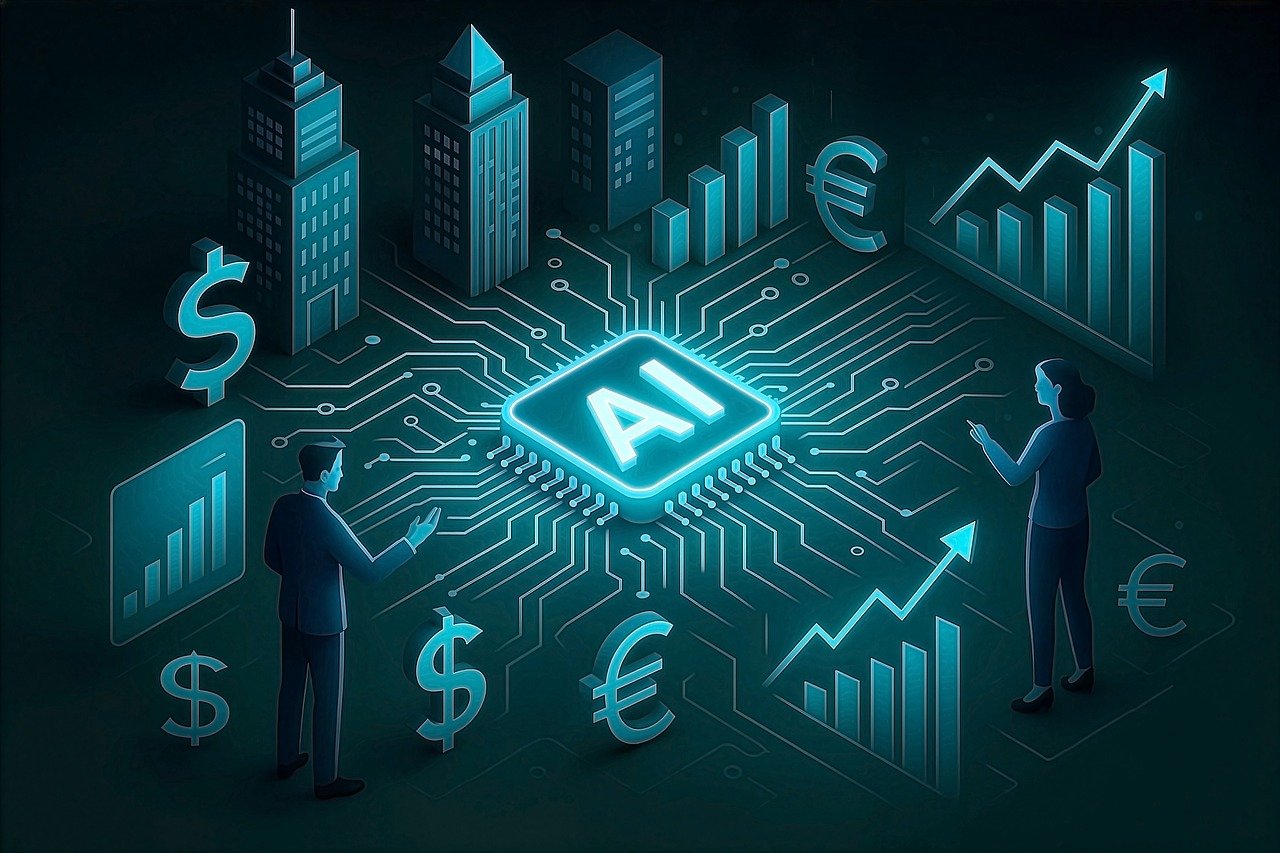Introduction
In today’s digital world, data is the new fuel driving business success.
Every company collects large amounts of data daily — from sales and marketing to customer feedback.
Data Science helps businesses make sense of this data to make better, smarter decisions.
1. What Is Data Science?
Data Science is a field that uses statistics, programming, and machine learning to extract meaningful insights from large data sets.
It helps organizations understand patterns, predict trends, and make evidence-based decisions instead of relying on guesswork.
2. The Importance of Data in Business
Modern businesses generate massive amounts of data from:
- Customer interactions
- Online sales
- Marketing campaigns
- Social media activity
Data Science turns this raw data into valuable information that drives growth and innovation.
3. Data Science in Marketing
Data science helps marketers:
- Identify target audiences
- Personalize ads and promotions
- Analyze campaign performance
For example, companies like Netflix and Amazon use data to recommend content and products based on user behavior.
4. Data Science in Finance
Financial institutions use data science to:
- Detect fraud
- Predict investment risks
- Optimize portfolio management
By analyzing historical data, businesses can forecast trends and make safer financial decisions.

5. Data Science in Retail
Retailers rely on data to track inventory, predict customer demand, and improve shopping experiences.
Through purchase history and browsing patterns, companies can offer personalized discounts and product suggestions.
6. Data Science in Healthcare
In healthcare, data science assists in:
- Predicting disease outbreaks
- Analyzing patient records for early diagnosis
- Improving treatment accuracy
It allows hospitals to provide better care while reducing costs.
7. Data Science and Customer Experience
By studying customer behavior, businesses can improve satisfaction through:
- Faster response times
- Personalized offers
- Predictive support solutions
A data-driven approach ensures customers feel valued and understood.
8. Predictive Analytics
Predictive analytics uses historical data and AI to forecast future outcomes.
For instance:
- E-commerce sites predict what products will sell most
- Banks forecast loan defaults
- Businesses anticipate market shifts
This helps companies stay ahead of competitors.
9. Challenges in Data Science
Despite its benefits, businesses face challenges like:
- Managing large, complex data
- Ensuring data privacy and security
- Shortage of skilled professionals
Overcoming these challenges requires strong data governance and investment in training.
10. The Future of Data-Driven Businesses
As technology advances, data science will become even more powerful with AI and automation.
Future businesses will rely on real-time analytics to make instant, accurate decisions.
Those who embrace data-driven strategies will lead the market with innovation and efficiency.
Conclusion
Data Science is transforming how businesses make decisions.
It replaces guesswork with facts, predictions, and clear insights.
In a world overflowing with information, companies that understand and use data wisely will achieve faster growth, smarter operations, and long-term success.










